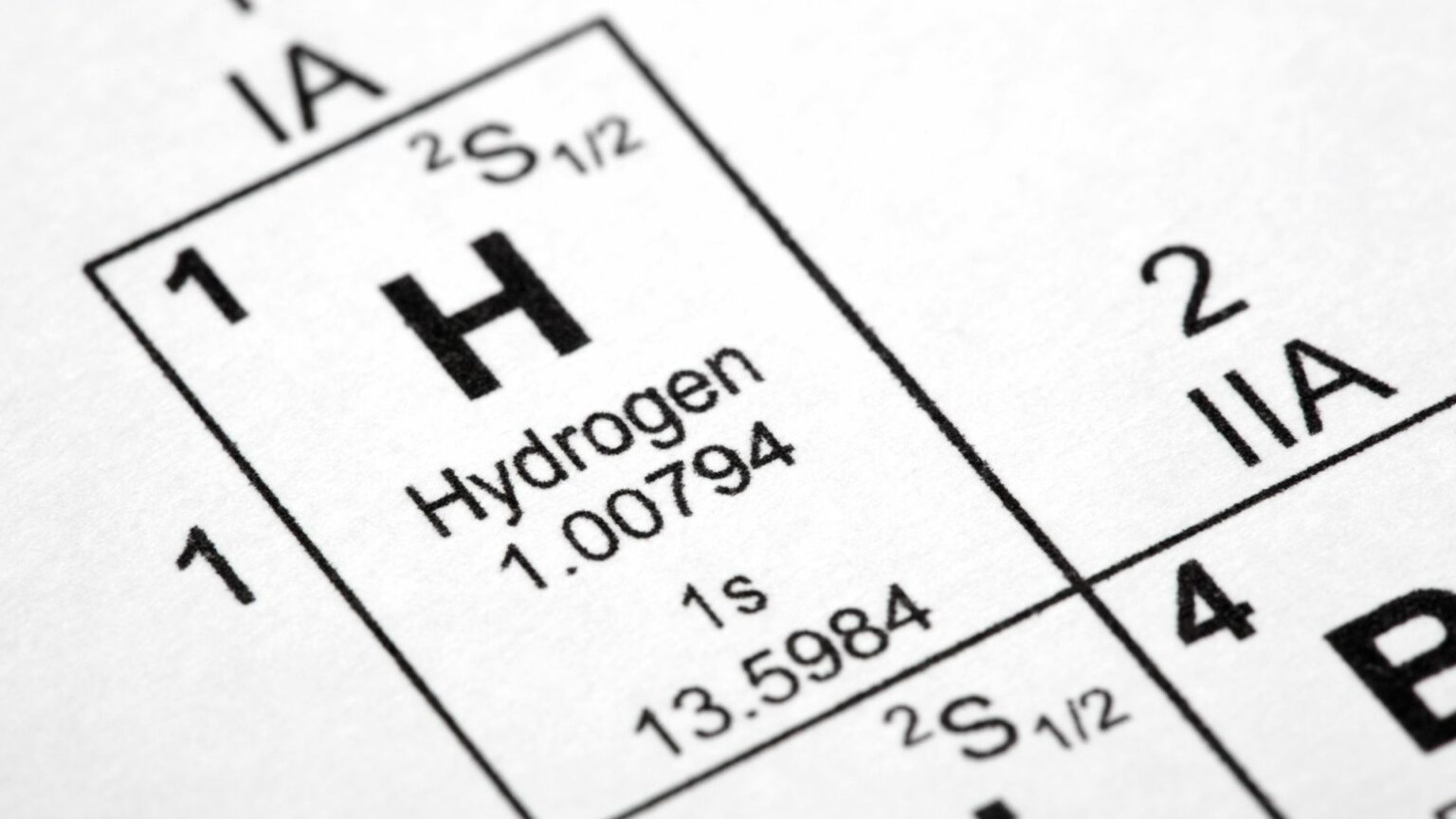The race to lead the green hydrogen sector in North Africa has intensified, with Algeria and Tunisia poised to outpace Morocco by 2030. This prediction emerges from a comprehensive study by the International Renewable Energy Agency (IRENA), which details the region’s capabilities and roadmap.
Strategic Vision and Investments
Algeria and Tunisia have unveiled ambitious plans to develop their green hydrogen sectors. Both countries are leveraging their abundant solar and wind resources to implement large-scale renewable energy projects, which will be pivotal in producing green hydrogen. The governments have committed substantial investments in research and infrastructure to establish themselves as leaders in this burgeoning industry.
Morocco’s Efforts and Challenges
Despite being an early entrant in the renewable energy race, Morocco faces significant hurdles. The nation has made notable strides in solar and wind energy but faces challenges in scaling up its green hydrogen production infrastructure. Regulatory delays and limited funding are slowing its progress, providing Algeria and Tunisia with an opportunity to surge ahead.
Market and Export Potential
The green hydrogen market is expected to expand rapidly as industries and governments worldwide shift towards sustainable energy sources. Algeria and Tunisia are positioning themselves to meet domestic demand and become key exporters of green hydrogen. Their strategic geographical locations near Europe provide a logistical advantage for shipping green hydrogen to high-demand markets.
Collaborations and Future Prospects
Algeria and Tunisia seek international partnerships to bolster their green hydrogen initiatives. Collaborations with European companies could provide technological expertise and investment, ensuring these nations can compete globally. Additionally, regional cooperation between Algeria and Tunisia could result in shared infrastructure and combined efforts for broader market penetration.





